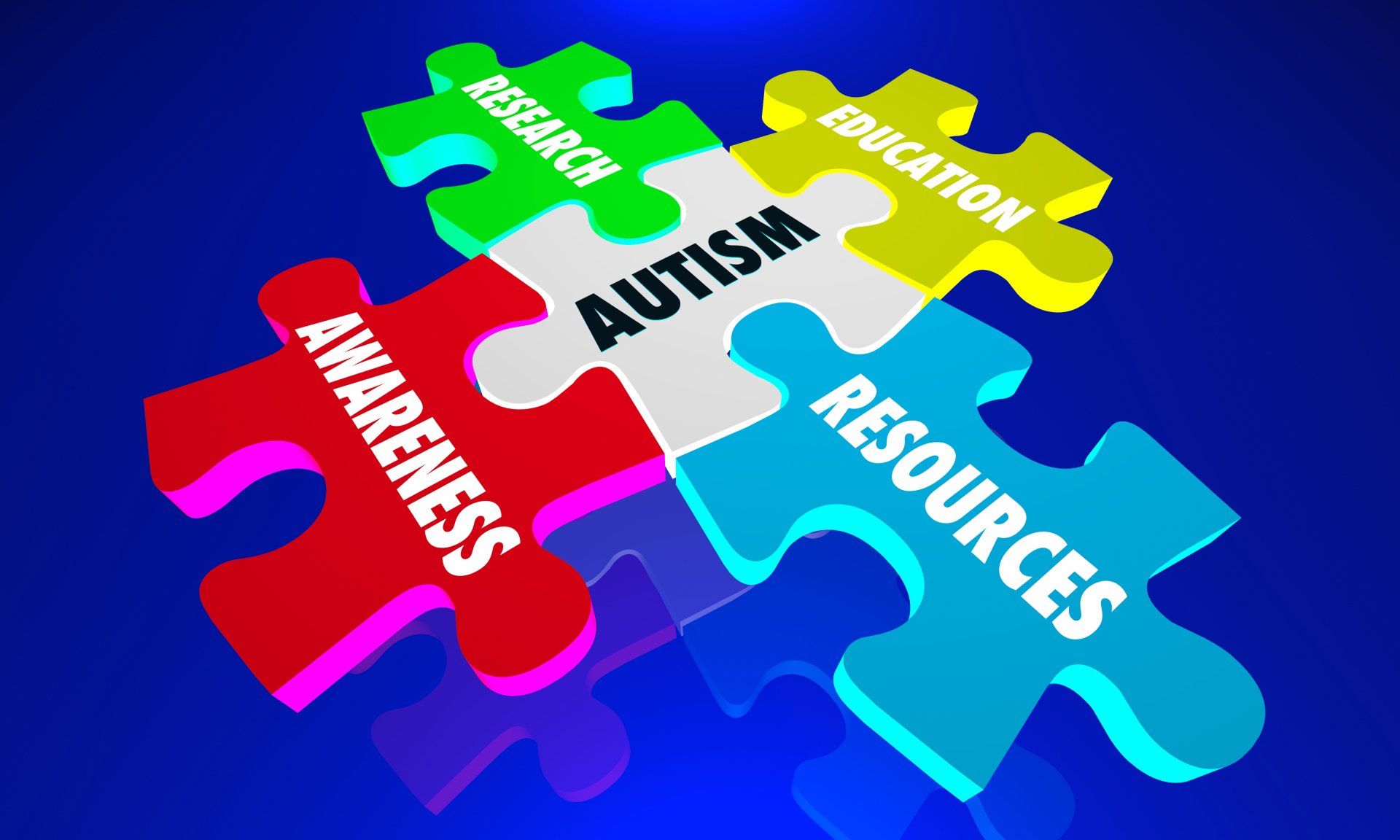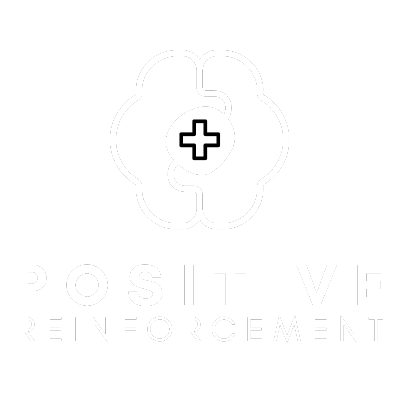Recognizing Signs of Autism
Positive Reinforcement • September 16, 2021
Recognizing Signs of Autism

It is common to have concerns regarding your child’s development. It is often difficult to discern what normal development is and when it is time to speak to a professional. The earliest signs of autism may be present in a child as young as 18 months, though they are more commonly observed between the ages of 2 and 3 years old. Understanding what the distinctive characteristics of autism look like may be the first step in getting answers and early intervention for a young child with autism.
Defining Autism
According to current data, autism affects approximately 1 out of 54 children. It is a neurodevelopmental disorder that may cause deficits in social intelligence, cognitive ability, communication, or other areas. This disorder occurs on a spectrum; meaning autism comes with many different challenges and strengths from person to person. Because everyone’s experiences with autism are so varied, it can be difficult and confusing for caregivers, to say the least. One thing we know for sure is that early intervention leads to earlier progress and positive outcomes for children with autism.
Early Signs of Autism
The following characteristics may help paint a picture of what autism could look like in a young child. It is not an exhaustive list, meaning other behaviors may be indicative of autism as well. As always, if you have concerns about your child’s health and development, speak to your pediatrician.
Language
● Delayed speech or no speech
● Does not respond to name
● Frequent repeating of words or phrases overheard
● Not saying words they used to say
● Pronoun reversals
Social
● Avoids eye contact
● Shows symptoms of extreme social anxiety
● Does not play pretend
● Does not point at objects
● Obsessive interests
● Hyperactive
● Impulsive
● Rituals such as lining up objects obsessively
Motor
● Poor coordination
● Hand flapping; spinning in circles
● Compulsory sensory interests
● Unusually strong reaction to loud noises
● Eating difficulties; extremely picky eating
Screening and Next Steps
It is the recommendation of the American Academy of Pediatrics (AAP) that all children receive autism screening sometime between the ages of 18 and 24 months. If you have concerns, screening can start as early as 16 months. Should your child receive a diagnosis of autism, you may also consider having them assessed for ABA therapy
(Applied Behavior Analysis), speech therapy, and/or occupational therapy depending on the specific challenges your child may have.
Positive Reinforcement offers ABA therapy in Bluemont, Middleburg, Upperville, Aldie, Chantilly, Manassas, Woodbridge, Winchester, Front Royal, Middletown, Round Hill, Leesburg, Ashburn, Charles Town, Ferguson, Science Hill, Pulaski and More!










